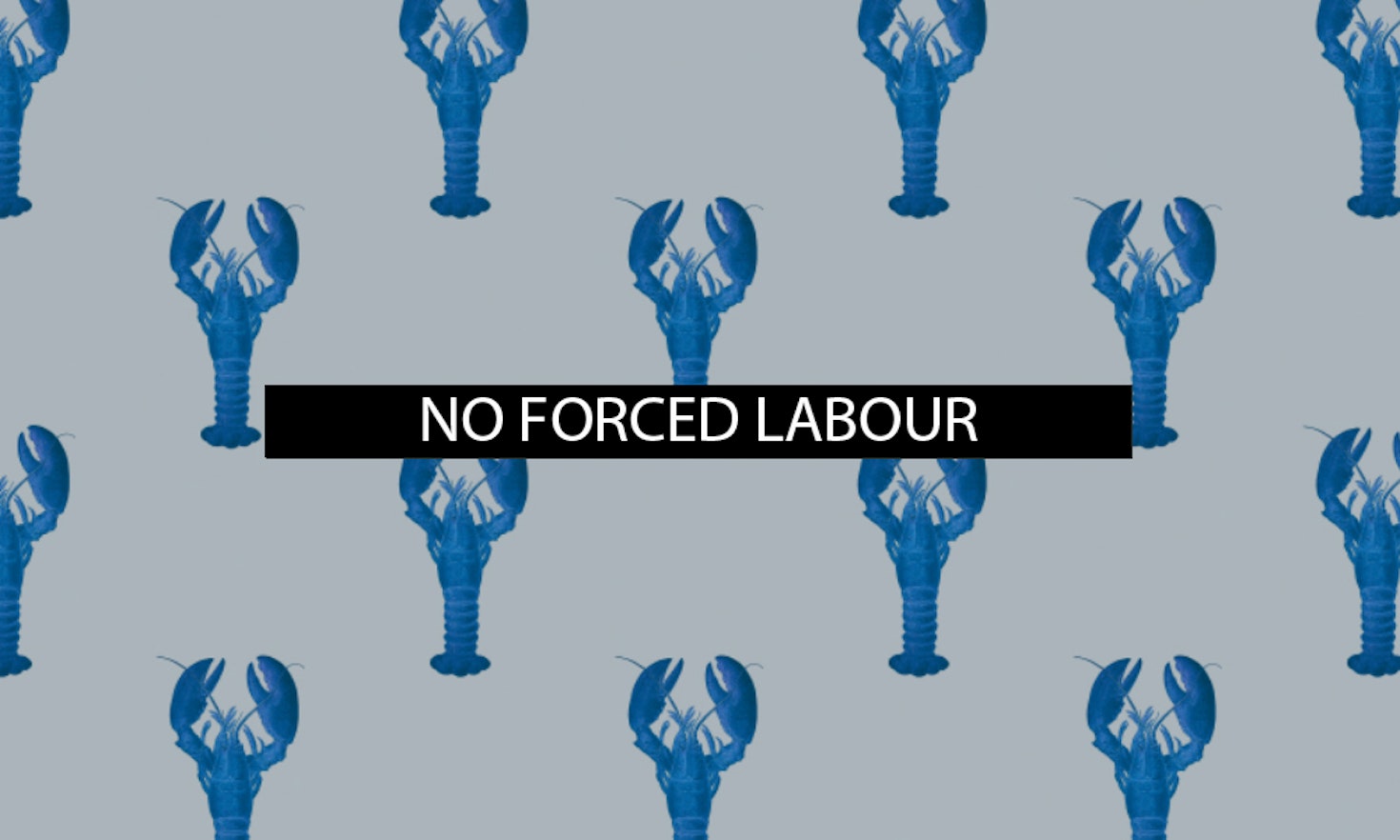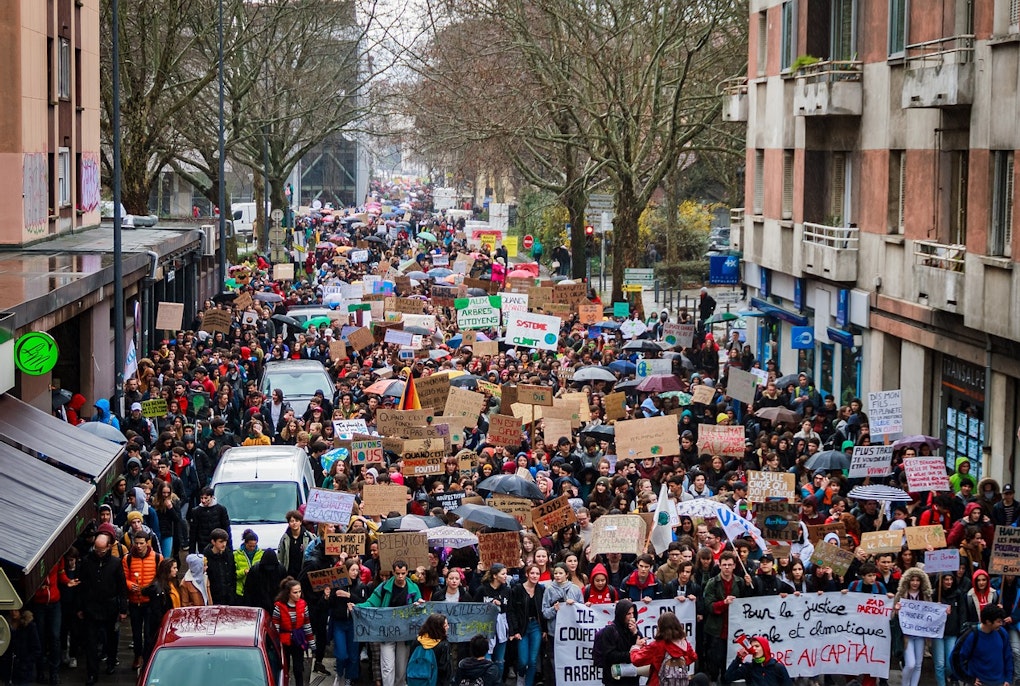
myCIVIS: lokales eGovernment im Spannungsfeld nationaler Systeme



Article 5 prohibits three crimes: 1. slavery and servitude; 2. forced or compulsory labour and 3. trafficking in human beings. We like to link all three to the past or at least to continents far from Europe. However, we would be wrong in doing so! In the years 2015 and 2016 twenty thousand five hundred and thirty-two (20.532) victims of human trafficking were formally registered in the EU Member States.[1] And this is just the tip of a very huge iceberg. Trafficking for the purpose of sexual exploitation remains by far, the most widespread form of trafficking in the EU. But trafficking is also widespread in the agricultural sector and in construction. In domestic work migrant women often face forms of severe labour exploitation.[2] All this is happening in our neighbourhood.
The Charter right in action
Some years ago Vietnamese migrants were employed in the Czech Republic. They signed a contract of employment but were then forced to perform hard work in the forest without receiving wages. They later reported what had happened but neither the police nor the Public Prosecutor’s Office started criminal proceedings despite the high probability that human trafficking had been committed. The Vietnamese citizens launched a constitutional complaint. The Constitutional Court in Prague came to the conclusion that the authorities were indeed negligent. The Court stressed that there was a duty to start exhaustive investigations. This obligation stems – so the Court continued – from the EU Directive 2011/36/EU on preventing and combating trafficking in human beings and Article 5 of the Charter.[3]
Another example serves the “Front Polisario” case. The Front Polisario fights for the independence of the Western Sahara – a disputed territory. Currently, most of the territory is controlled by the Kingdom of Morocco. The EU concluded a trade agreement with Morocco which de facto applied also to the Western Sahara. Front Polisario asked the EU Court in Luxembourg to declare the agreement null and void. Which the Court did. It stressed that the EU Council had an obligation to “carefully and impartially” examine “all the relevant facts in order to ensure that the production of goods for export is not conducted to the detriment of the population of the territory concerned, or entails infringements of fundamental rights, including … the prohibition of slavery and forced labour (Article 5 of the Charter of Fundamental Rights)”.
What do the constitutions of the Member States say?
Many constitutions of the Member States forbid forced labour. Some constitutions like those of Cyprus, the Czech Republic, Malta, Romania and Slovakia complement this prohibition with a catalogue of circumstances when forced labour is legally acceptable such as work done in the course of prison detention, military service or in the case of an emergency which threatens the well being of the community.[4] Only very few constitutions – like those of Austria and Cyprus – explicitly prohibit slavery. An explicit prohibition of human trafficking is largely absent from the national constitutions with the exception of Hungary.[5] Finally, one third of the Member States’ constitutions do not deal with any of the three elements that are enshrined in Article 5 of the Charter.
Two examples how EU legislation fights human trafficking:
|
So what?
Whereas the prohibition of slavery is absolute, compulsory labour can be legitimate under certain narrow circumstances. This we know from national constitutions and the European Convention of Human Rights. But the Charter adds value by putting emphasis on the prohibition of human trafficking.[6] This is important given that human trafficking takes place in our cities and next door.
Interested in knowing more? Well, here you are: ‘All EU-r rights‘, stay tuned!
[1] European Commission (2018), Stepping up action towards the eradication of trafficking in Human Beings, December 2018.
[2] FRA (2017), Out of sight – migrant women exploited in domestic work.
[3] Constitutional Court of the Czech Republic, decision II. ÚS 3436/14, 19.1.2016
[4] See Art. 10(1) of the constitution of Cyprus, Art. 9 (1) of the Czech constitution, Art. 35 (1) of the Maltese constitution, Art. 42(1) of the Romanian constitution and Art. 18 (1) of the Slovak constitution. These provisions largely reflect Article 4 of the Council of Europe’s Convention on Human Rights.
[5] Art. III of the Hungarian constitution.
[6] The Council of Europe provided a further push in 2005 by adopting a Convention on Action against Trafficking in Human Beings. This convention has been ratified by all EU Member States. It defines human trafficking as follows: “Trafficking in human beings” shall mean the recruitment, transportation, transfer, harbouring or receipt of persons, by means of the threat or use of force or other forms of coercion, of abduction, of fraud, of deception, of the abuse of power or of a position of vulnerability or of the giving or receiving of payments or benefits to achieve the consent of a person having control over another person, for the purpose of exploitation. Exploitation shall include, at a minimum, the exploitation of the prostitution of others or other forms of sexual exploitation, forced labour or services, slavery or practices similar to slavery, servitude or the removal of organs”. Do you have 12 minutes? Then watch the Council of Europe video available here: https://www.coe.int/en/web/anti-human-trafficking/about-the-convention.
 |
Gabriel N. Toggenburg is an Honorary Professor for European Union and Human Rights Law at the University of Graz, Austria. He worked as a Senior Researcher for Eurac Research in Bolzano/Bozen (Italy) from 1998 to 2008. Since 2009, he has been working for the European Union. All views expressed are his own and cannot be attributed to his current or former employers. His blog series “All EU-r rights” published on EUreka! aims at making the EU Charter of Fundamental Rights better known. He is grateful for the honour to have every blog entry introduced by a piece of art by Miloladesign. An annotated list of all Charter rights is available here. |
This content is licensed under a Creative Commons Attribution 4.0 International license.




 Verena Richardier
Verena Richardier
 Martina Trettel
Martina Trettel